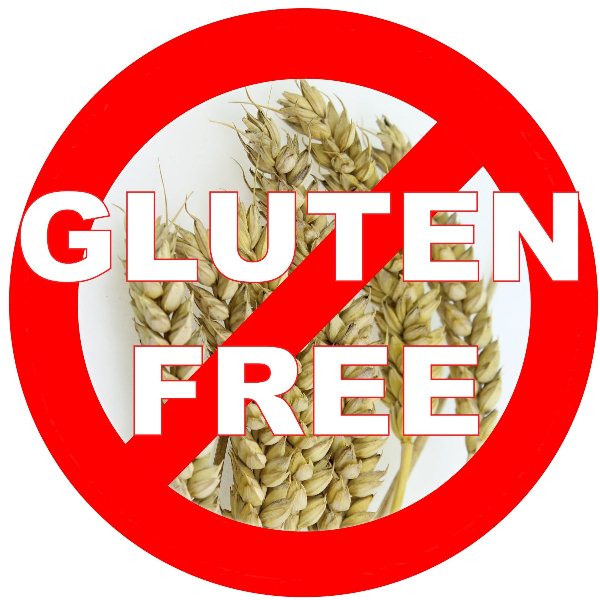How to Find Out If You Suffer From Gluten Intolerance
Even though gluten intolerance is a common disorder nowadays, the symptoms may vary a lot from person to person. Moreover, this condition is often confused with celiac disease.

If you have gluten intolerance, your body will have an allergic reaction, and you will experience some symptoms that will be reduced if you eliminate gluten from your diet. Even though these signs are similar to the symptoms of celiac disease, this is, in fact, an autoimmune disorder that can be inherited. In this case, gluten triggers the inflammation of the gut, harming the small intestine. The harm caused by gluten in this situation cannot be healed by the simple elimination of gluten from your diet, even though the symptoms can be improved.
However, the symptoms of gluten intolerance are usually ignored, because most of the people tend to ascribe them to other causes, such as a stressful lifestyle or another medical condition.
- Headaches and Migraines
A headache can definitely signal many health conditions; that’s why most of the people who are suffering from gluten intolerance don’t even think that it could be related to gluten consumption.
You should observe the times when the headaches or migraines occur. If you experience them a few hours after eating, they may be a symptom of gluten intolerance. Pay attention to see if they also occur when you don’t eat any foods that contain gluten.
- Fatigue
This is another symptom often experienced by those who suffer from gluten intolerance. This health problem leads to chronic fatigue because your body is no longer able to absorb all the nutrients it needs. Another cause of fatigue is the fact that gluten intolerance disrupts the hormonal balance.
- Skin Problems
You may wonder what is the link between skin problems, such as acne, eczema, and psoriasis, and gluten intolerance. In fact, many foods that contain gluten, such as whole grains, are recommended for skin problems. This is true, but not when you have gluten sensitivity.
Gluten intolerance affects gut health, which leads to an improper absorption of nutrients that are vital for your skin and hair health. One of these nutrients is vitamin A.
- Gastrointestinal Problems
Gluten intolerance cause many gastrointestinal problems, such as bloating, excessive gas, abdominal cramps, heartburn, constipation and/or diarrhea. If you often experience such symptoms, try to find out if they are connected to gluten consumption. You should keep track of your symptoms in order to see if there are any improvements when eating gluten-free foods. You can also see if the symptoms are getting worse after eating foods that contain gluten.
- Lack of Concentration
If you have problems in paying attention or staying focused for a longer time, you can also suffer from gluten intolerance. As it was already mentioned, the body cannot absorb all the nutrients it needs when you have this problem. This means that you will be deprived of some essential nutrients for your brain and nervous system, such as folate, vitamin D, iron. That’s why you may feel that you are unable to concentrate or stay focused.



